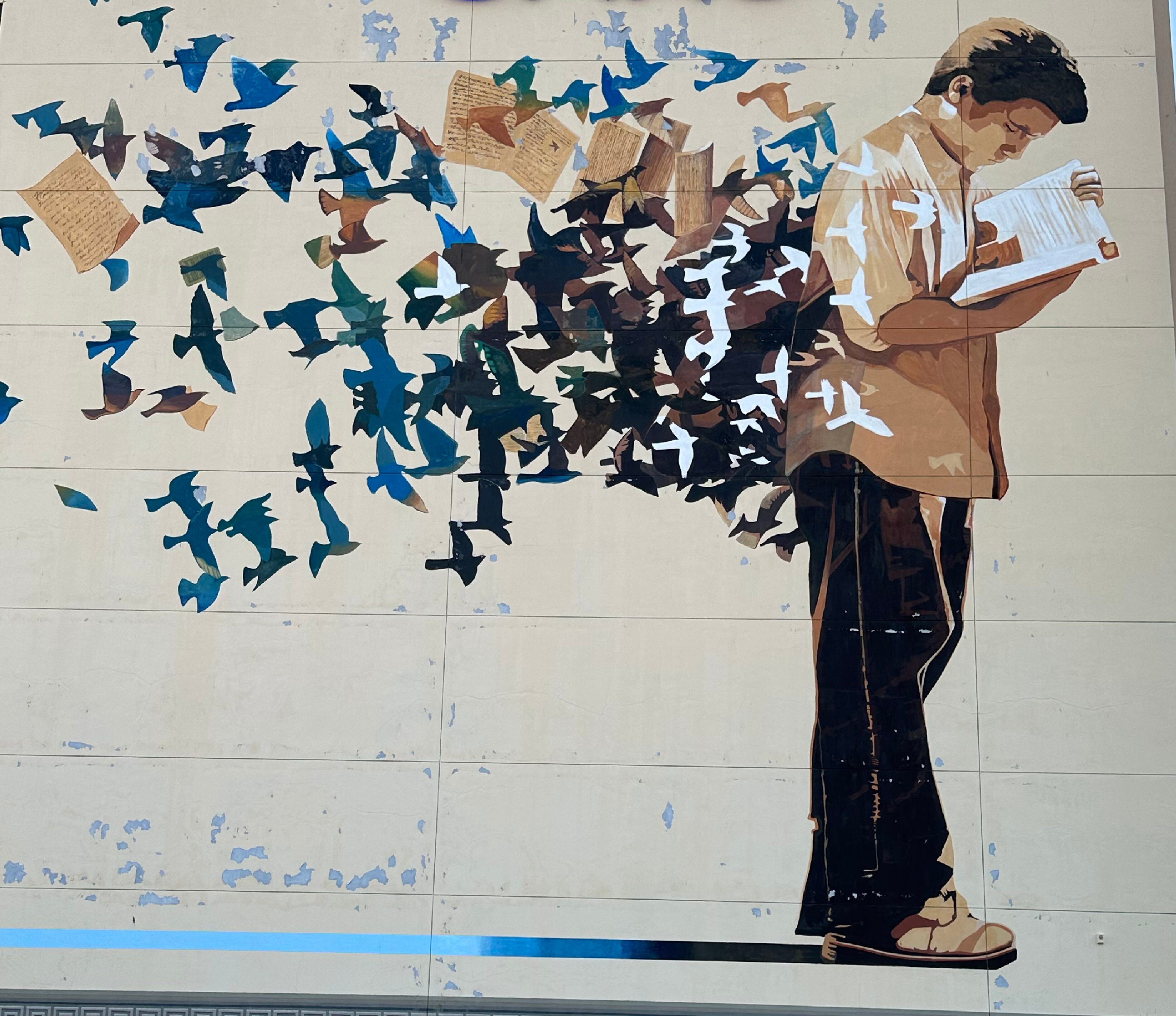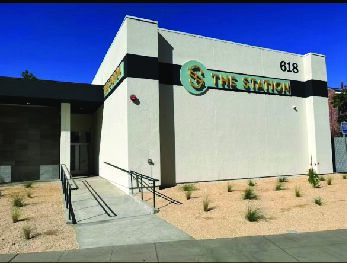By Dave Fountinelle | dave@fresnoflyer.com
In June, the Fresno City Council voted to increase the number of recreational cannabis business licenses it would award from 14 to 21. This increase raised the number of allowable dispensaries in each of Fresno’s seven districts from two to three. Out of those 21 potential businesses, the City must choose at least three and as many as six from the pool of social equity applicants.
The social equity application process has drawn a fair amount of criticism over the last two years. Much of that criticism has come from social equity applicants and advocates who feel the City is holding them to a much more stringent and costlier standard than regular applicants. Some of the applicants have also questioned the overall lack of transparency in the City’s selection process. In addition, allegations of big, out-of-town cannabis corporations using proxy applicants as loopholes to acquire some of the already limited social equity permits have grown louder. Other California cities with similar processes have experienced this in their districts. Some social equity applicants in Fresno have raised concerns that the same could happen here.
It is not just the social equity permit applicants either. Many applicants for standard retail permits have also spoken out against the big corporations. Among the claims is that large corporate retailers often use their considerably greater resources and political influence to jump to the front of the line for permits, gain special favors from city leaders, and ultimately push smaller, local competitors out of business.
There is an economic impact difference as well with out-of-town corporations versus locally-owned businesses. Statistically, locally-owned businesses reinvest almost all of the revenue they earn back into their communities. Besides creating jobs and paying the rents, utilities, and taxes that all businesses do, locally-owned businesses additionally support local non-profit groups, youth sports, and other community organizations. Local business owners buy homes in their communities. Their children attend local schools. They have a vested, personal and professional interest in improving conditions in the neighborhoods where they do business.
In contrast, out-of-town corporate retailers typically send most of their profits back to their headquarters, away from the communities in which they operate. There is little to no grassroots community support from many of the larger corporate retailers, a well-documented issue with all manner of corporate and big-box retailers – Walmart being perhaps the most notorious example.
For reasons such as these, local retail applicants have been raising their voices at increasing rates. It’s an effort to educate and inform the people about their rights as consumers to decide which businesses they want in their neighborhoods.
Courtney Caron is a Central Valley native, attorney, and spokesperson for The Artist Tree, a retail cannabis storefront applying for a permit in Fresno’s Tower District. The Artist Tree has made it a priority to connect with both the residents and the small business owners in the Tower so that the people have as much information as possible to decide for themselves who they’d like to see doing business in their neighborhood.
“A big part of what makes The Artist Tree successful is their connection to the local community,” Caron explains, “as The Artist Tree’s business model weighs so heavily upon the contributions of local artists and community members, they feel that it is beyond important to incorporate the thoughts and opinions of the local art community and members of the neighborhood into their business plan.”
The Artist Tree makes those connections by hosting ‘meet & greets’ to introduce themselves to their neighbors and to share what they hope to bring to the community. It’s also an opportunity for residents to learn about The Artist Tree and decide for themselves if it is a business worthy of their support.
Perhaps the most notable way that The Artist Tree separates itself from other cannabis retailers is its relationship with local artists. The Artist Tree storefronts serve as both dispensaries and art galleries. Local artists can display their art in the store free of charge, and the Artist keeps all of the proceeds from the sale of their work. This unique concept is the brainchild of Lauren Fontein, a co-founder at The Artist Tree. To differentiate themselves from the competition and respect the city’s values, she decided to create a more artistic experience for the business. As the heart of Fresno’s creative community, the Tower District is a perfect place for The Artist Tree to set up shop. Their current proposed location is the former Audie’s Olympic on Van Ness. This location has historically provided a stage for local artists to share with independent touring acts from all over the country.
“The feedback we received from the community was beyond encouraging,” Caron beams. “We were touched by the support, encouragement, and sheer excitement exhibited by local residents and neighbors.”
Many of the residents attending the meet & greet brought resumes. In addition, several local artists have already expressed an interest in displaying their art should the business get its approval from the City.
Caron is proud of The Artist Tree’s work in becoming a valued part of the communities where it does business. As such, she is a strong advocate for an open, transparent permit approval process that welcomes community input. She believes residents should be empowered to provide their opinions as to the businesses they think will serve the best interests of their community. Caron encourages residents to attend city council meetings and make their voices heard.
The permit approval process currently appears to be at the discretion of the City Manager. It is unclear how much, if any, public input will factor into the council’s decisions as to which businesses ultimately receive permits.
As to the controversy surrounding some of the out-of-town corporate cannabis applicants, Caron is understandably diplomatic.
We encourage residents to seek out information about the mission of each cannabis company seeking a license. More specifically, what has each applicant business done for the local communities where they are currently operating?” Caron continues, “The Artist Tree’s business model was designed of course to sell cannabis, but more importantly to create an opportunity for the community to be directly involved with our mission, advancing and supporting the arts.”
It is a model that has found success in West Hollywood, one of Los Angeles’ most iconic artist communities, and that Caron believes can succeed in the Tower District as well. In a June interview with The Business Journal, owner Lauren Fontein spoke of their care when choosing where to open their next location.
“We’re not necessarily just looking to expand anywhere that we can find a license. We really do think about locations and what would be a good fit and where The Artist Tree could help expand the local art culture,” Fontein said.
Fontein and Caron believe that the more residents educate themselves about the various cannabis businesses vying for a spot in their community, the more support grows for similar businesses that utilize a model of community involvement, reinvestment, and cultural preservation.
The interview process for permit applicants is currently underway. After that, applicants will be given scores based on unspecified criteria determined by the City Council. The scoring process is scheduled for completion by August 20th. The conditional use permit process – which sets the standards for how retailers operate their specific locations – begins on August 30th and is scheduled to end on December 3rd. It is very likely that, without adequate transparency in the scoring process, there will be a host of legal challenges to the council’s final decisions.
Councilman Mike Karbassi has already expressed his concern, stating, “Once we start scoring people, even though we have these standards there, people are going to complain. We’re probably going to get sued because people are going to say it’s unfair.”
Retailers like The Artist Tree hope to succeed by supporting the communities that support them. With tens of millions of dollars in potential revenue on the table, where and how that money is spent will significantly impact every resident in all 7 of Fresno’s districts. Therefore, it is in the best interests of every Fresnan to know which businesses will reinvest the most of that revenue into the local economy and spend accordingly.
To learn more about The Artist Tree, visit their website, www.theartisttree.com. For more information and updates on Fresno’s retail cannabis permit process, visit www.fresno.gov/citymanager/office-of-cannabis-oversight/. The City also provides a list of businesses applying for permits and where they plan to set up shop









